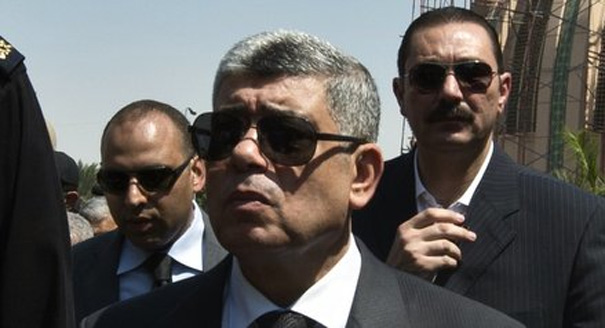This resource was published on 09/10/2013 and is not updated to reflect changing circumstances.
Mohamed Ibrahim was appointed Egypt’s interior minister in January 2013 by then prime minister Hisham Qandil. He replaced Ahmed Gamal El Din. During the administration of former president Mohamed Morsi, Ibrahim was criticized by the opposition for violently oppressing protesters demonstrating against Morsi and the ruling Muslim Brotherhood.
However, prior to protests against Morsi scheduled for June 30 by the opposition Rebel Movement (Tamarrud), Ibrahim implicitly endorsed the demonstrations by announcing that the Interior Ministry would not harass protesters. He retained his position after Morsi was removed from power by the military on July 3.
Ibrahim graduated from the Egyptian Police Academy in 1976. He has served in a number of senior positions in the Interior Ministry. Prior to becoming minister of the interior, he was deputy minister and head of Egypt’s prison authority.
Since July, Ibrahim has reportedly been an advocate within the government for a harsh crackdown against the Brotherhood, including the dispersal of pro-Morsi protesters on August 14 that resulted in hundreds of deaths. On September 5, Ibrahim survived an assassination attempt when a bomb exploded near his convoy in Cairo, killing at least one police officer and wounding dozens.




